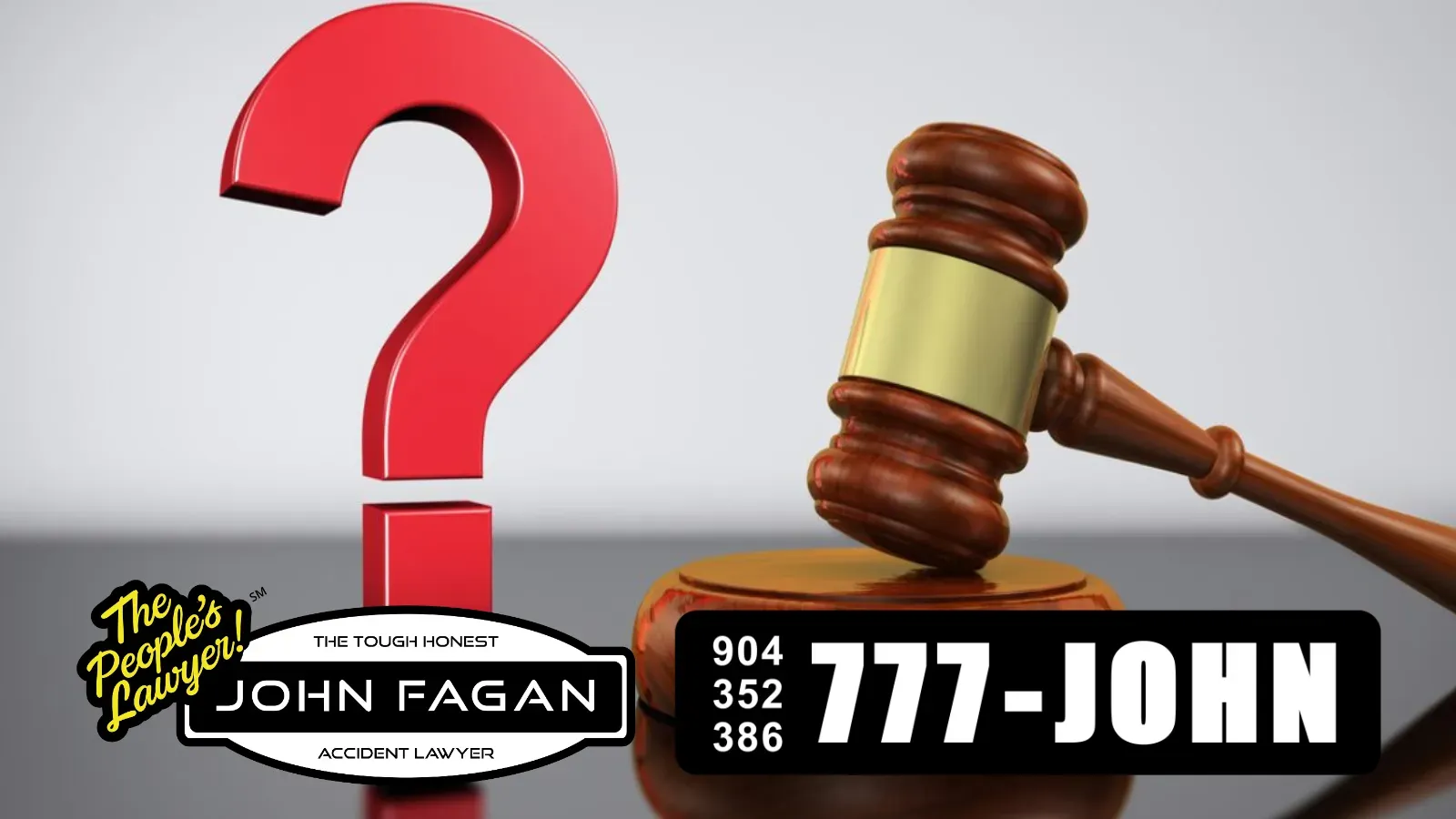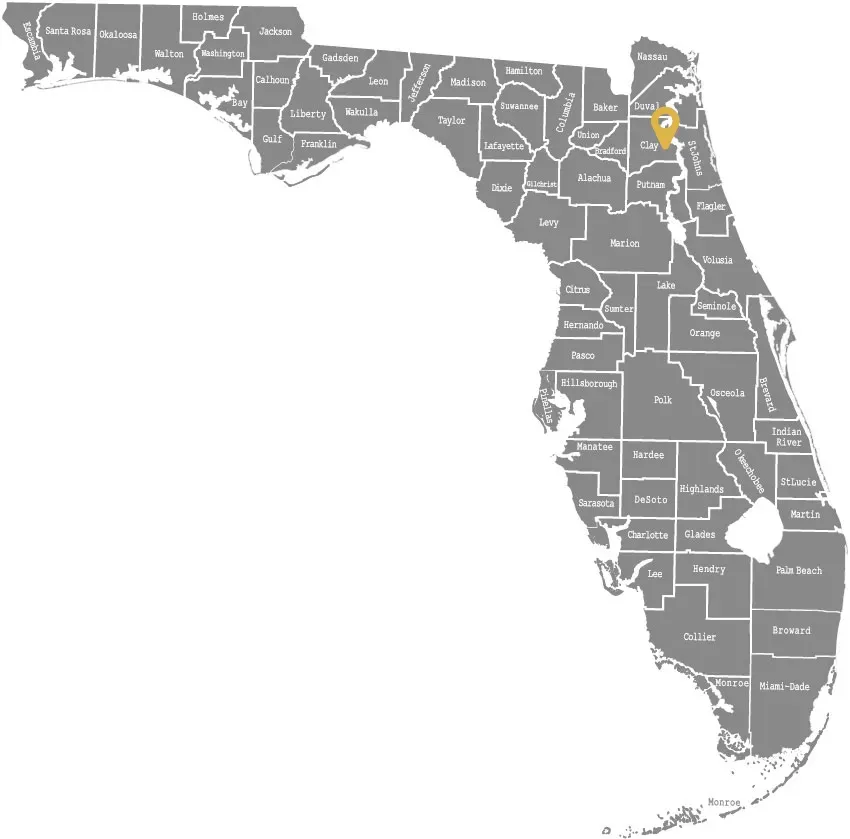3 New Changes to Florida’s Negligence Laws You Need to Know.

Florida recently made some important changes to its negligence laws. Each one of these changes impacts the way in which personal injury cases will be pursued in the future.
In what has been referred to as “sweeping tort reform,” on March 24, 2023, Florida enacted tort reform bill HB 837. This new law makes significant changes to Florida’s negligence liability law. Going forward, cases filed after March 24, 2023, will be subject to these new laws.
Below, we will discuss only 3 of the major changes made to Florida’s laws that personal injury plaintiffs and defendants should know about, so please consult with an experienced Florida personal injury attorney to learn about all the changes in the law and how they might apply to you.
3 New Changes to Florida’s Negligence Laws You Need to Know.
1. Florida adopts a modified comparative negligence standard
By far, the most dramatic change made to Florida’s negligence liability law is the move from being a “pure comparative law” state to a “modified comparative law” state.
What does this mean?
Well, before March 24, 2023, Florida followed the “pure comparative negligence” rule. This rule comes into play when the judge or jury tries to determine the percentage of fault between parties to a personal injury case.
So, for example, if a plaintiff was injured in a car accident because the defendant made an unsafe left turn, but at the time of the accident, the plaintiff was speeding, the judge or jury will have to decide how much each party was at fault for the accident. Under the “pure comparative negligence” rule, so long as the plaintiff was not 100% at-fault for the accident, he could still recover for his damages. So, for example, even if the plaintiff was 70% at fault because he was speeding, he could still recover 30% for his damages. In fact, even if he was 99% at-fault, he could still recover 1% for his damages.
Now, however, Florida will no longer be following a “pure comparative negligence” rule. Instead, Florida’s new law adopted the “modified comparative negligence” rule. Under this rule, a plaintiff recovers nothing if he is more than 50% at-fault for the accident.
What this means, then, is that after March 24, 2023, a plaintiff must prove he was less than 50% at-fault to recover damages.
This new rule does not apply, however, to wrongful death cases arising out of medical malpractice.
2. Changes to bad-faith insurer liability
In Florida, a bad-faith insurance claim is when an insurer fails to attempt to settle a claim in good faith when it should have. It applies in situations when the insurer did not act honestly or fairly.
Florida’s new tort reform bill changes bad-faith insurer liability. Before the enactment of the tort reform bill, Florida’s law did not explicitly define what conduct constituted “bad faith” on behalf of an insurer.
The new law makes it clear that mere negligence on the part of an insurer is not enough to constitute “bad faith.” There must be a showing of more than mere negligence.
The bill also imposes a reciprocal duty of good faith on insureds. The law requires all insureds and third-party claimants to act in good faith when providing information to an insurer or when making claims or attempting to settle claims. This new duty does not, however, create a cause of action against the insured or third-party claimant if it is breached.
Among other changes, the new law creates “safe harbor” for insurers. An insurer can avoid bad-faith litigation if, within 90 days of receiving a claim, it tenders either the policy limits or the amount the plaintiff demands—whichever is less.
Bad-faith insurance claims frequently arise in the context of personal injury cases, so to learn more about the new changes in this area, please consult with a Florida personal injury attorney.
3. Changes to Attorney’s Fee Recovery
The third new change we think personal injury plaintiffs and defendants need to know about concerns the recovery of attorney’s fees.
Before March 24, 2023, in Florida, an insured could recover attorney’s fees in accordance with Florida’s statutory law (referred to as “one-way attorney fee statute”) if they were successful in their suits against insurance carriers in personal injury protection (PIP) lawsuits.
The new law has changed this to narrow recovery to only declaratory relief actions brought to determine insurance coverage where there has been total coverage denial of a claim. This means if there is a partial coverage denial, the insured cannot recover one-way attorney’s fees.
The changes to Florida’s negligence liability laws are sweeping and significant. Consult with an experienced
Florida personal injury lawyer to learn more about these changes and how they may affect you.
Orange Park, Florida, Personal Injury Attorneys.
Our team of personal injury attorneys is dedicated to helping those who are injured through the negligence of another. If you have been injured due to the negligence of another,
contact us or call the firm at
(904) 777-JOHN. Our main office is in Orange Park, but we serve clients throughout Florida. We have consulting offices in Palatka, Middleburg, Keystone, Starke, Gainesville, and Ocala.




